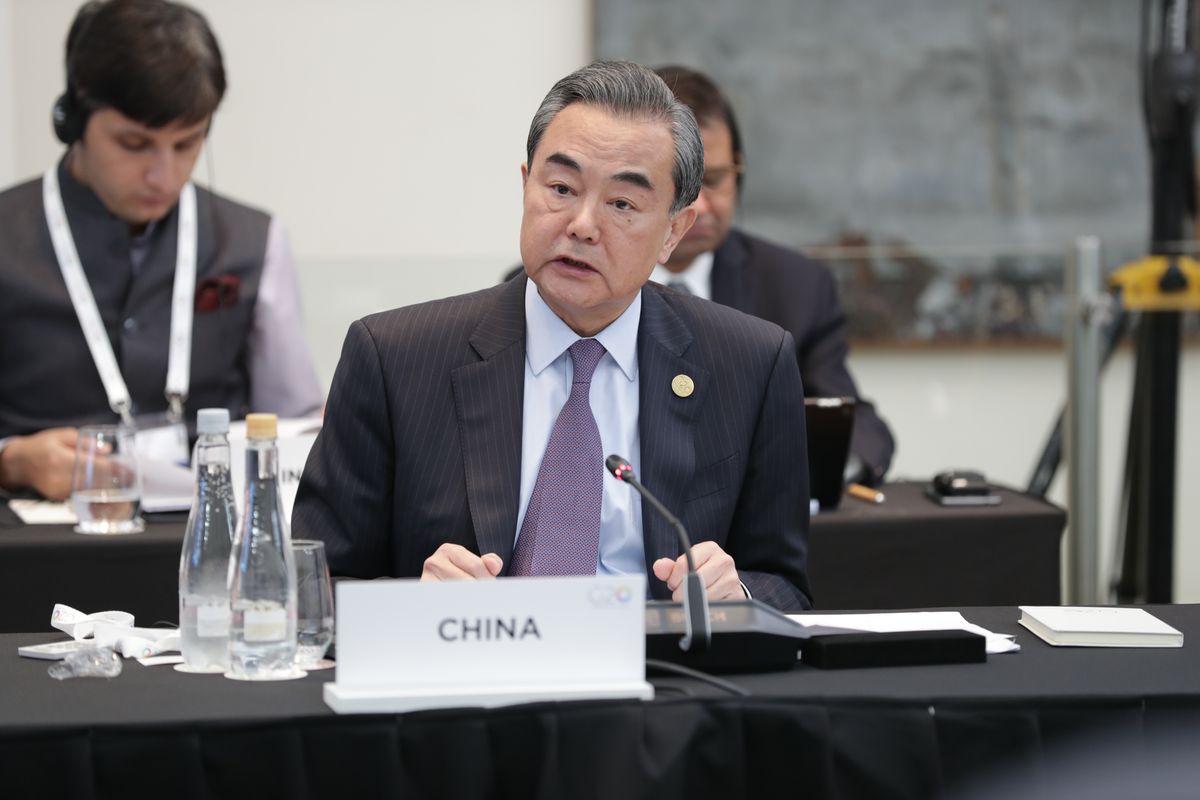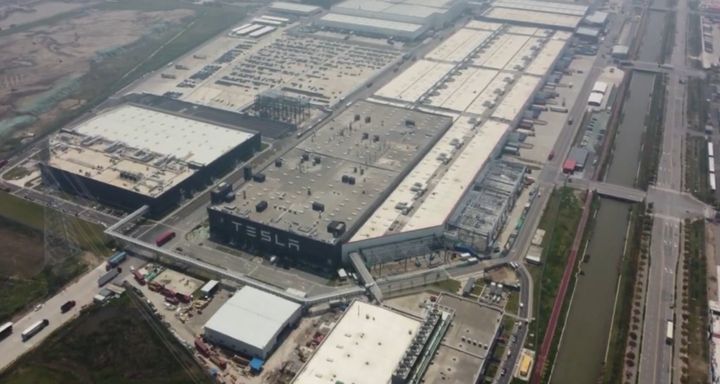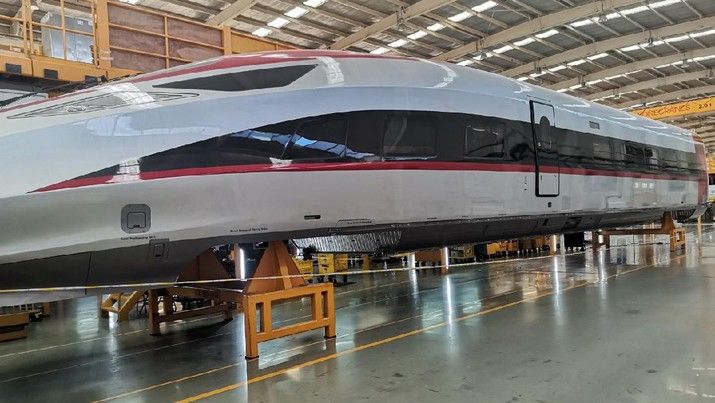Heightened US-China tensions back on investors' radar

Tensions between the U.S. and China remain high, as Secretary of State Antony Blinken and Beijing’s top diplomat, Wang Yi, met in Germany on Sunday, discussing China's high-altitude balloon and their approach to sending "lethal aid" to Russia.
The U.S. military shot down a suspected Chinese surveillance balloon earlier this month, what Blinken referred to as an "unacceptable violation of U.S. sovereignty and international law."
Blinken warned Wang Yi, director of China’s Office of the Central Commission for Foreign Affairs of the "implications and consequences" if China provides material support to Russia with its war in Ukraine, as the two met on the sidelines of the Munich Security Conference.
As Nigel Green wrote for Asia Times, the meeting was supposed to soothe the growing rift between the two superpowers, but the statements afterward indicate that tensions have not waned. Instead, it has refocused the attention of global investors on the relationship between the U.S. and China and its impact on the world economy.
Three key issues that investors will be watching in regard to U.S.-China relations are the decoupling of the two nations, China's response to Covid testing rules, and the divergence from the West of the critical tech sector.
Although the U.S. and China have a history of rivalry and trade rhetoric, their economic interdependence has been increasing for decades.
But investors are now keeping a watchful eye on indications that this trend may be slowing. In a recent statement, President Xi Jinping expressed China's renewed focus on achieving self-sufficiency and moving away from rapid growth, which can be interpreted as a step towards reducing dependence on the West.
Given the failure of recent talks between senior diplomats to ease tensions, investors are expected to monitor U.S.-China relations closely with the goal the adjust their portfolios accordingly.



